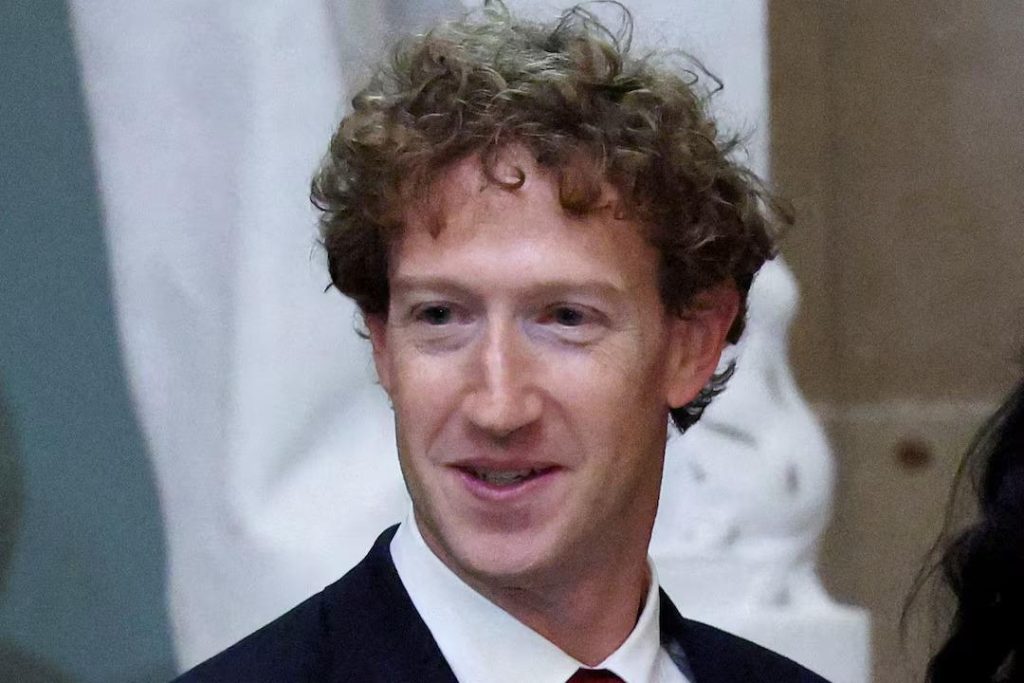
Title: I Bought Instagram Because it Had a Better Camera: Mark Zuckerberg
As the world’s largest social media companies face scrutiny over their business practices, Meta CEO Mark Zuckerberg has made some astonishing revelations during an antitrust trial in the US. In an unexpected turn of events, Zuckerberg admitted that he bought Instagram in 2012 because it had a “better” camera than the one Meta was trying to build for Facebook at the time.
This stunning admission comes as Meta faces allegations that it used a “buy or bury” strategy against its rivals to maintain its dominance in the market. The antitrust trial is a significant development in the ongoing efforts to regulate the tech industry and ensure fair competition among companies.
The Acquisition of Instagram
In 2012, Facebook acquired Instagram, a popular photo-sharing app, for a whopping $1 billion. At the time, Instagram was a relatively small company with 30 million users, but it was rapidly growing in popularity. The acquisition was seen as a strategic move by Facebook to expand its offerings and compete with other social media platforms.
However, in his testimony during the antitrust trial, Zuckerberg revealed that the decision to acquire Instagram was driven by a desire to acquire the company’s better camera capabilities. According to Zuckerberg, Meta was trying to build its own camera technology for Facebook, but it was struggling to get it right. Instagram, on the other hand, had already developed a superior camera technology, which was a key factor in the decision to acquire the company.
“I bought Instagram because it had a better camera than what we were trying to build,” Zuckerberg said during his testimony. “We were trying to build a camera, and Instagram had a better camera, and that was a key factor.”
The “Buy or Bury” Strategy
The acquisition of Instagram is just one example of Meta’s alleged “buy or bury” strategy, which involves acquiring companies that pose a threat to its dominance or simply eliminating them altogether. The company has faced numerous allegations of anticompetitive behavior, including claims that it used its vast resources to acquire or disrupt potential rivals.
In his testimony, Zuckerberg acknowledged that many of Meta’s own apps failed, but he denied that the company’s failures were the result of a deliberate strategy to eliminate competition. Instead, Zuckerberg attributed the failures to a combination of factors, including the company’s inability to execute and the rapidly changing nature of the tech industry.
“I don’t think that we have a strategy to buy or bury companies,” Zuckerberg said. “I think that we have a strategy to invest in things that we think are important and to try to make them successful.”
The Implications of Meta’s Actions
The revelations from Zuckerberg’s testimony have significant implications for the tech industry and the wider economy. The “buy or bury” strategy, if proven true, would undermine the competitive dynamics of the market and give large companies like Meta an unfair advantage.
Moreover, the acquisition of Instagram and other companies has allowed Meta to dominate the social media landscape, giving it unparalleled access to user data and advertising revenue. This has significant implications for the privacy and security of users, as well as the ability of smaller companies to compete in the market.
Conclusion
Mark Zuckerberg’s testimony during the antitrust trial has shed new light on Meta’s acquisition of Instagram and its alleged “buy or bury” strategy. While Zuckerberg’s admission that he bought Instagram because of its better camera technology is an unexpected revelation, it underscores the company’s willingness to acquire companies that pose a threat to its dominance.
As the tech industry continues to evolve, it is essential that regulators and policymakers take a closer look at the competitive dynamics of the market and ensure that large companies like Meta are not using their resources to stifle competition. The future of the tech industry depends on it.



